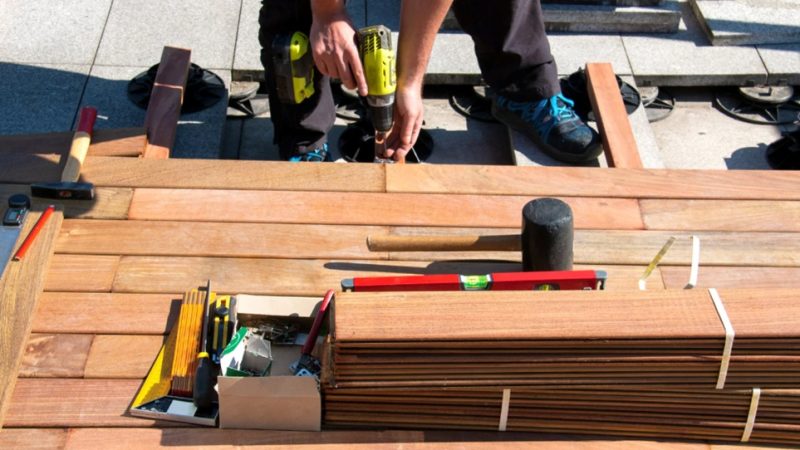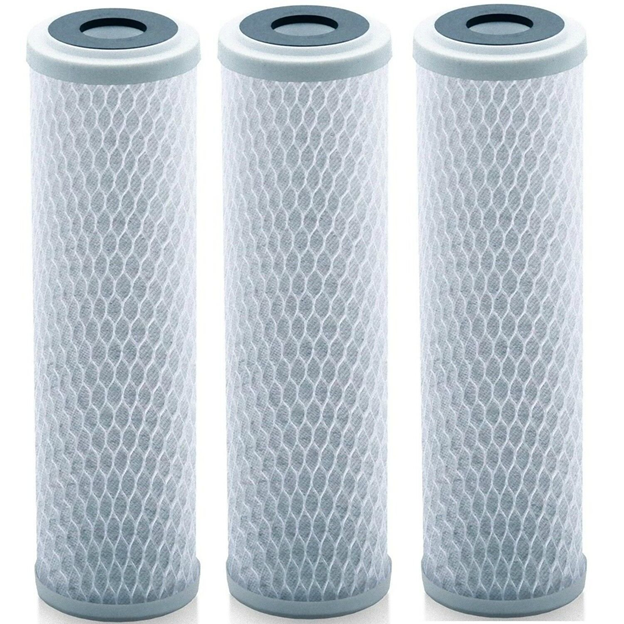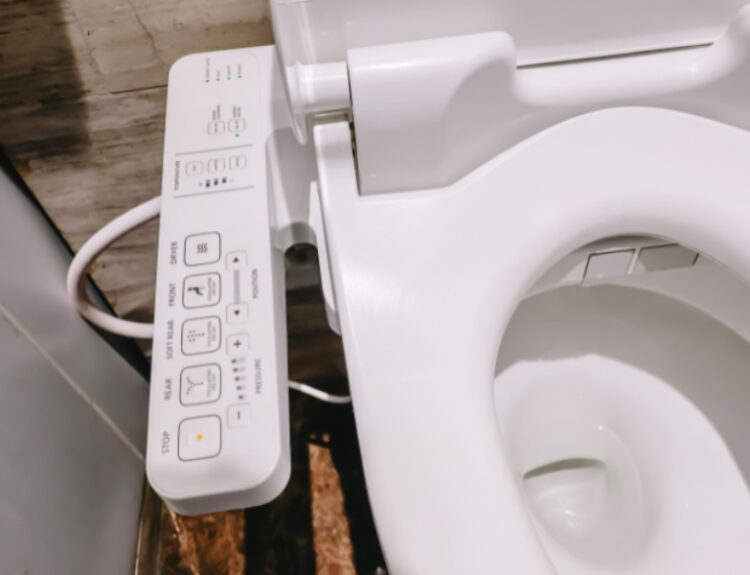A sediment filter removes particulate matter such as dirt and debris from the water. Sediment refers to all particulate matter found in water that isn’t liquid. Corroded galvanized plumbing can allow rust flakes to enter your water supply. Rainwater can transport silt, clay, and soil into your well-ground water supply. Your home can also be affected by water main flow changes. This sediment filter is your first line of defense against dirt and debris. This filter prevents solid particulate from entering your drinking water and impedes the performance of your water filters.
There are many uses for sediment filters. To ensure high-quality food and beverages, coffee shops and restaurants use sediment prefilters. To prevent particulate matter from entering your showers or faucets, whole-house filtration systems use sediment filtration. Your pool filter cartridges act as a sediment filter and prevent dirt and clay from entering your swimming water. You will find a sediment filter in any situation where clean water is essential.
What Is A Sediment Filter?
Mechanical filtration is the process by which sediment filters function. Mechanical filtration is a process that physically blocks unwanted particulate matter (or other contaminants) from entering your water supply. It’s like a screen door for your home. The refreshing breeze should flow through your house, but not the leaves or bugs. The screen door acts as a mechanical filter. Similar to sediment filters, they have enough porosity for water to flow into your house but can also capture dirt and sand. The net that captures particulate matter in your water is the sediment filter.
To capture large quantities of debris, some sediment filters have huge surface areas. Some sediment filters filter suspended particles using a depth gradient. These filters force water through thick walls made of filter media, which become tighter as it nears the core. They filter out smaller particles along the way.
What Does A Sediment Filter Do?
Sediment filters trap visible particulate matter and particles of dirt, soil, dust, and other debris. Sediment filters can also remove water turbidity. Turbidity refers to the cloudiness in water caused by the presence of suspended solids. This can cause water to turn yellow or orange, or even brown.
Sediment filters do NOT remove chemicals, heavy metals, or dissolved matter. They don’t alter the water’s taste or odor. They serve primarily as a pre-and defensive filtration method. They are best used as prefilters in conjunction with other filtration systems. This is why sediment filtering often works with other filtration methods like ultraviolet purification or reverse osmosis.
What’s a sediment filter?
Water treatment systems need sediment filters. A sediment filter is required for water that contains dirt, debris, and fine particulate. A sediment filter is also essential to ensure that other filters and water-filtration equipment work efficiently.
Reverse Osmosis
All reverse osmosis systems use a sediment prefilter. Reverse osmosis is a process that purifies water through a semipermeable membrane. This membrane removes metals, salts, and dissolved solids. The RO system is protected and pretreated by the sediment filter. The reverse-osmosis membrane effectively rejects particulate matter. However, the membrane will allow water to drain through a small flow restrictor. The flow restrictor presses on the RO membrane to control the system’s recovery rate. An RO system’s sediment prefilter protects the membrane from clogging and not the flow restrictor.
This post was written by a water treatment expert at Paragon Water Systems. At Paragon Water Systems we are the Manufacturers of the best Carbon Block Water Filter manufacturers! We know that the best product comes from the best materials. We manufacture home water solutions such as reverse osmosis systems, under sink water filtration systems, showerhead filtration systems, carbon cartridges, and a wide variety of other products. Our focus is to provide Americans with safe and clean water throughout the home.









